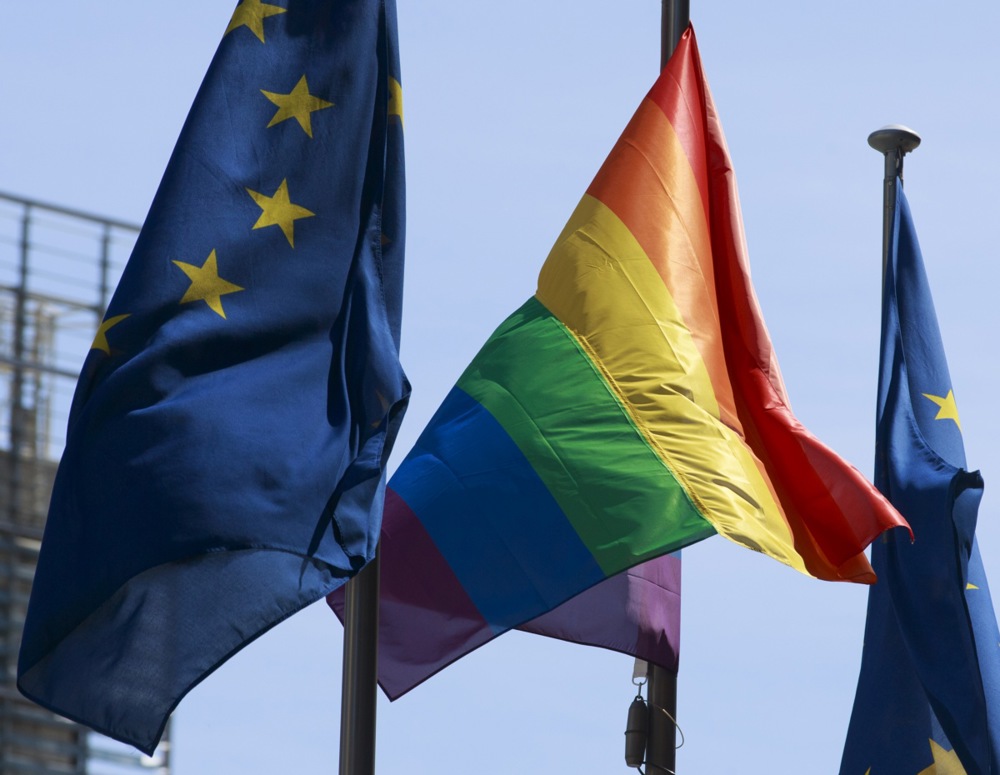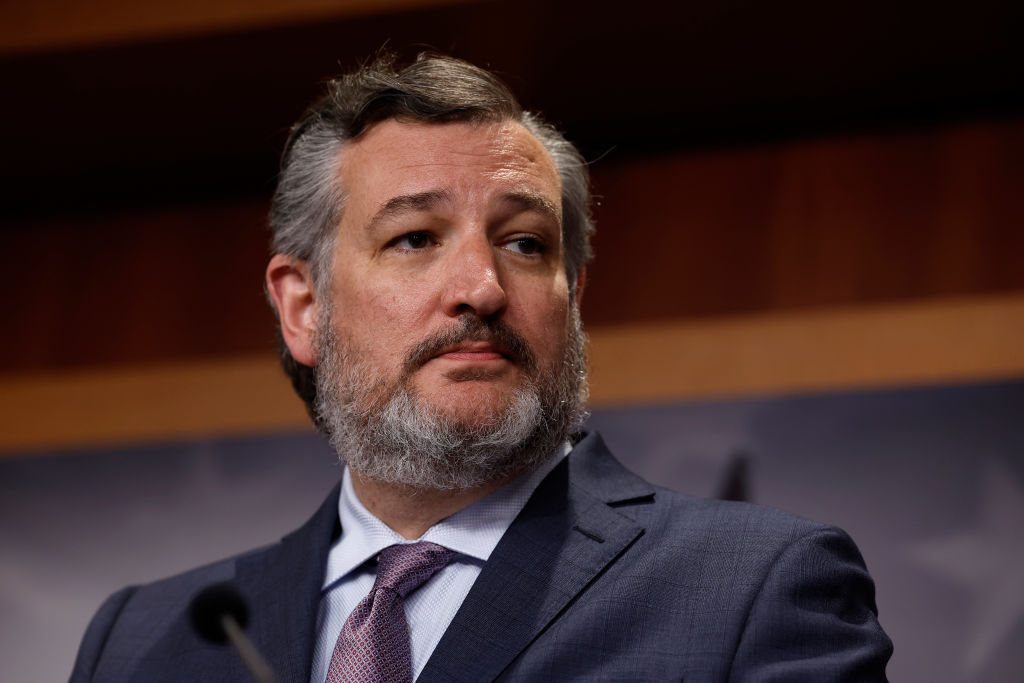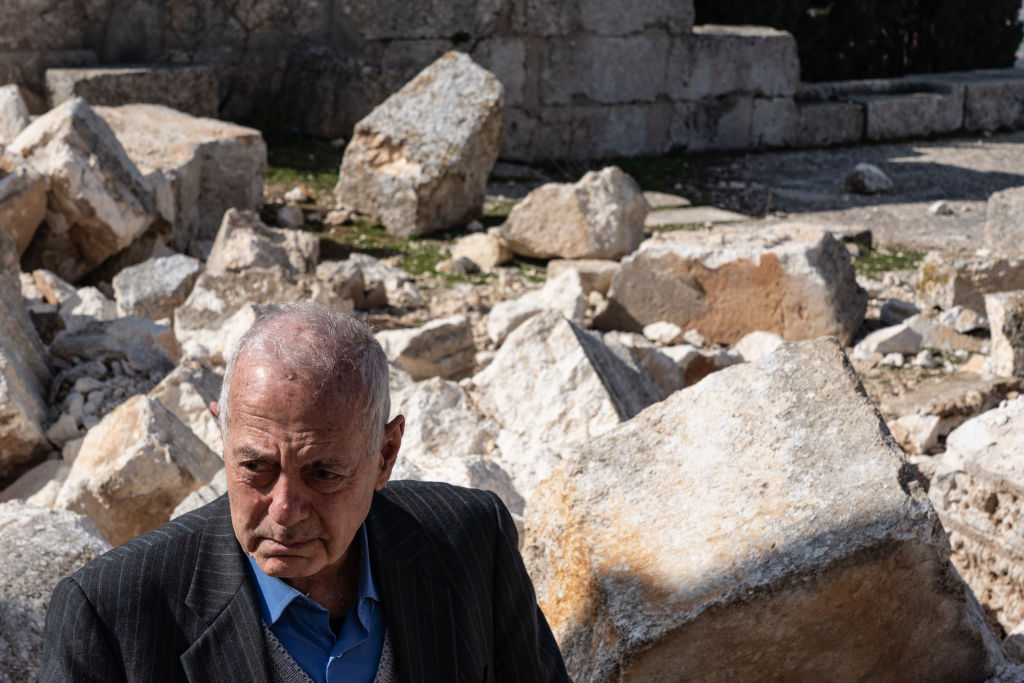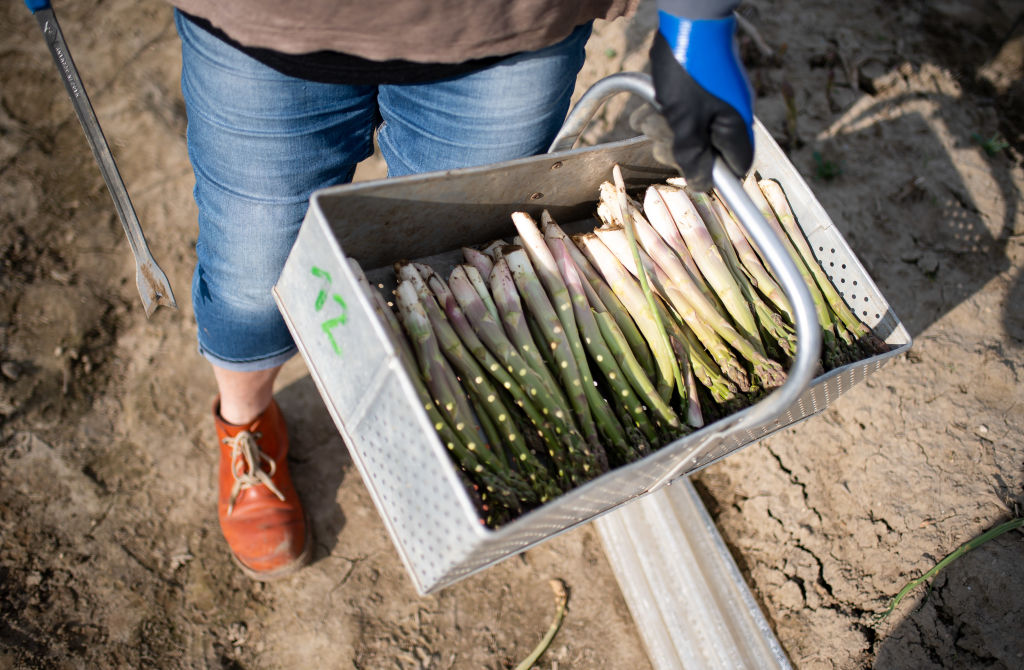The European Union will continue providing Uganda with aid despite the East African country’s new anti-gay law, the European Commission has confirmed.
Since the law was passed earlier this year, Eurocrats have faced numerous calls to strip funding from the country, with one written question submitted to the EC describing the delivery of aid to Uganda as “undignified”, considering the circumstances.
“We owe it to taxpayers to place requirements on recipient countries,” Swedish MEP and ECR politician Johan Nissinen wrote. “Can we really continue to transfer money and ignore the fate of gay people?”
Responding to the query, the EC said that, while it opposes the law – which mandates the death penalty for same-sex rape, it believes that pulling EU cash from the country would not be the right move.
“At this moment, the EU considers that a suspension of EU financial support to Uganda would deprive the most vulnerable populations, including LGBTIQ persons, from vital support,” said International Partnership Commissioner Jutta Urpilainen.
“Disengagement by the EU would also create gaps which may be further filled by other players who do not share EU values.”
She went on to say that the EU now aims to try to engage with the Ugandan Government and civil society organisations there “to ensure that all individuals, regardless of their sexual orientation and gender identity, are treated equally”.
Ugandan prosecutors have charged the man under new anti-LGBT legislation, described as some of the harshest in the world. https://t.co/4x7zycxD4O
— Brussels Signal (@brusselssignal) August 31, 2023
According to a statement by the EC on September 6, the bloc is continuing to pump millions into its EU-based pro-LGBTIQ+ efforts, funding 147 Erasmus+ projects that aim “to increase inclusivity for LGBTIQ+ persons”.
“They were awarded an overall amount of €8.83 million,” EC Vice-President Margaritis Schinas said.
“The Erasmus+ Programme seeks to promote equal opportunities, inclusion and diversity across all of its actions, by focusing in particular on the needs of people with fewer opportunities,” he added, saying that the EU was keen to support those facing discrimination due to their “sex, age, ethnicity, religion or belief, sexual orientation or disability”.
European officials have not been shy about threatening EU Member States that do not back its pro-LGBTIQ+ efforts. Both Poland and Hungary have been threatened over their prioritisation of more traditional policies, frequently billed as pro-family.
The EU most recently took aim at Hungary over its treatment of LGBT literature aimed at children, with the country mandating that same-sex romance literature be sealed shut within shops to prevent it from being read by under 18s.
Brussels is due to hand Ankara around €800 million to provide for “a social safety-net for the most vulnerable refugees as part of the additional €3 billion funding pledged by the EU to continue supporting refugees in the country”. https://t.co/kBp7Mk4BM4
— Brussels Signal (@brusselssignal) September 6, 2023





